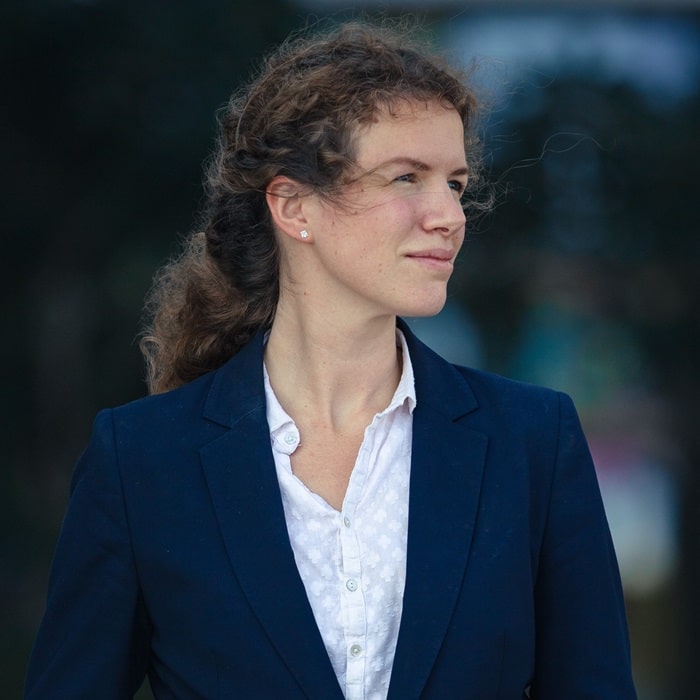Regional and International Healthcare Experts Join One-Day Event on October 18th in Bid to Raise Awareness and Break Taboo of Menopause
Dubai, United Arab Emirates-: The GCC’s first-ever Menopause Summit is coming to Dubai on October 18 as regional and international experts unite to discuss the natural biological process that will affect 100 percent of women worldwide.
Held at the iconic Museum of the Future, the summit will have a full schedule designed to educate and inspire attendees from both the medical profession and the community alike.
The agenda will bring together the likes of clinicians, healthcare practitioners, legal, HR, and fitness experts. Business leaders, facilitators, and advocates will bring the audience the latest data and knowledge to empower them in the field of perimenopause and menopause.
As the world slowly lifts the lid on the life event once brushed under the carpet amid shame and stigma, panel discussions, Q&As, networking breakouts and more will allow women the opportunity to meet the top leaders in their fields.
According to the World Health Organization (WHO), there are over 470 million women globally who are currently experiencing menopause, with 25% of those experiencing severe symptoms that significantly impact their daily lives.
The UAE could not be a better place to launch the groundbreaking event, the country having become a regional leader in tackling the issue, with events such as Expo 2020 Dubai hosting a panel led by the United Nations Population Fund on the topic. Abu Dhabi has also opened a dedicated clinic for women going through menopause – translated in Arabic as ‘age of despair’ – as cultural changes sweep the country.
“It is time to break the taboo,” said Sharon James, a women’s wellness coach, menopause educator and co-founder of the Summit who is dedicated to changing the narrative around menopause. “For so many years, women have suffered this in silence and things are finally changing. This isn’t a Middle East or GCC problem, it’s something facing women globally and we hope that the more we talk about this, the more women feel heard and seen. Many women cannot function during this time, with sleepless nights and symptoms extending through their entire life, and they need somewhere to turn. We think this is the beginning of that turning point.”
With women each managing the transition differently, it can affect women as young as in their 30s, though the average age is 51. The end of a woman’s fertility cycle can be as much a psychological challenge as it is physical.
James continued, “The loneliness women go through during this time can be as debilitating as the physical symptoms so the more we talk and build community, the more we feel we create a safe space to empower women on this journey.”
Education is also key. A recent survey of 254 physicians from the Middle East showed that just 28.8% correctly identified the diagnostic criteria of menopause. Just 43% claimed to have only had occasional training on menopause and 19% admitted they had none, while 66.2% agreed that training is critical.
Sophie Smith, Founder of Nabta Health, the women’s health company, and co-founder of the Summit, said: “Over 80% of women globally feel unprepared for the physical and emotional changes brought on by perimenopause. With the average woman spending over a third of her life post-menopause, it’s critical that we destigmatise this natural transition and provide proper education and support resources.”
Smith continued, “This event is a hugely positive signal to the healthcare system that menopause is an important issue, and women need to be heard. For both the medical profession and women in the community, having something like this to bring people together is a major turning point in making the menopause visible. It’s a very exciting event to be part of and be involved with something so potentially impactful.”




